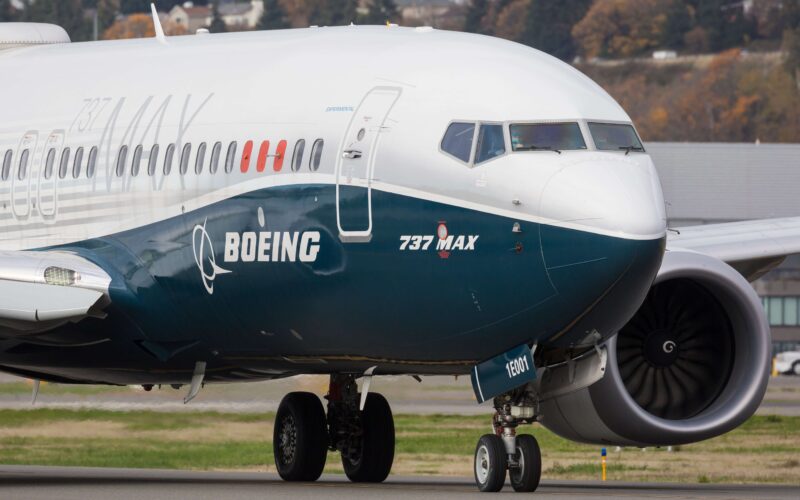Following the ungrounding of the Boeing 737 MAX, authorized by the Federal Aviation Administration (FAA) on November 18, 2020, the U.S. Transportation Department’s Office of Inspector General announced on April 20, 2021, that it would conduct an audit to review the FAA’s decision towards the recertification of the 737 MAX.
The Boeing 737 MAX was grounded in March 2019, after the two fatal incidents which claimed the lives of 346 people on flight Lion Air Flight 610 and Ethiopian Airlines Flight 302.
The Office of Inspector General stated that its audit intended to review the decisions, processes, and steps followed subsequent to the two fatal crashes. “It’s objective is to evaluate FAA’s processes and procedures for grounding aircraft and implementing corrective actions,” added the Office of Inspector General as reported by Reuters.
In response, the FAA has stated its full compliance to the Inspector General’s audit to the same cooperation standard given to other external agencies who conducted reviews of the FAA’s recertification of the MAX.
A legislative law passed in December 2020, improved the FAA’s certification program and required an independent review of Boeing’s safety culture. In 2021, the Inspector General issued two reports that identified “weaknesses” in the FAA’s recertification of the MAX.
The MAX’s return to service after 20 months involved safety modifications to its systems which were approved by the FAA. This included the implementation of new training standards to equip pilots with the adequate knowledge to operate the MCAS (Maneuvering Characteristics Augmentation System) safety system. The system was designated as the main protagonist leading to the incidents.
However, new concerns over the safety of the MAX sparked in April 2021. Boeing sent out recommendations to 16 operators that certain Boeing 737 MAX aircraft should be temporarily removed from service to address a manufacturing issue that could affect the operation of the backup power control unit.

